The UK’s new ‘jubilee cities’
Eight towns have been honoured to mark the Queen’s 70 years on the throne
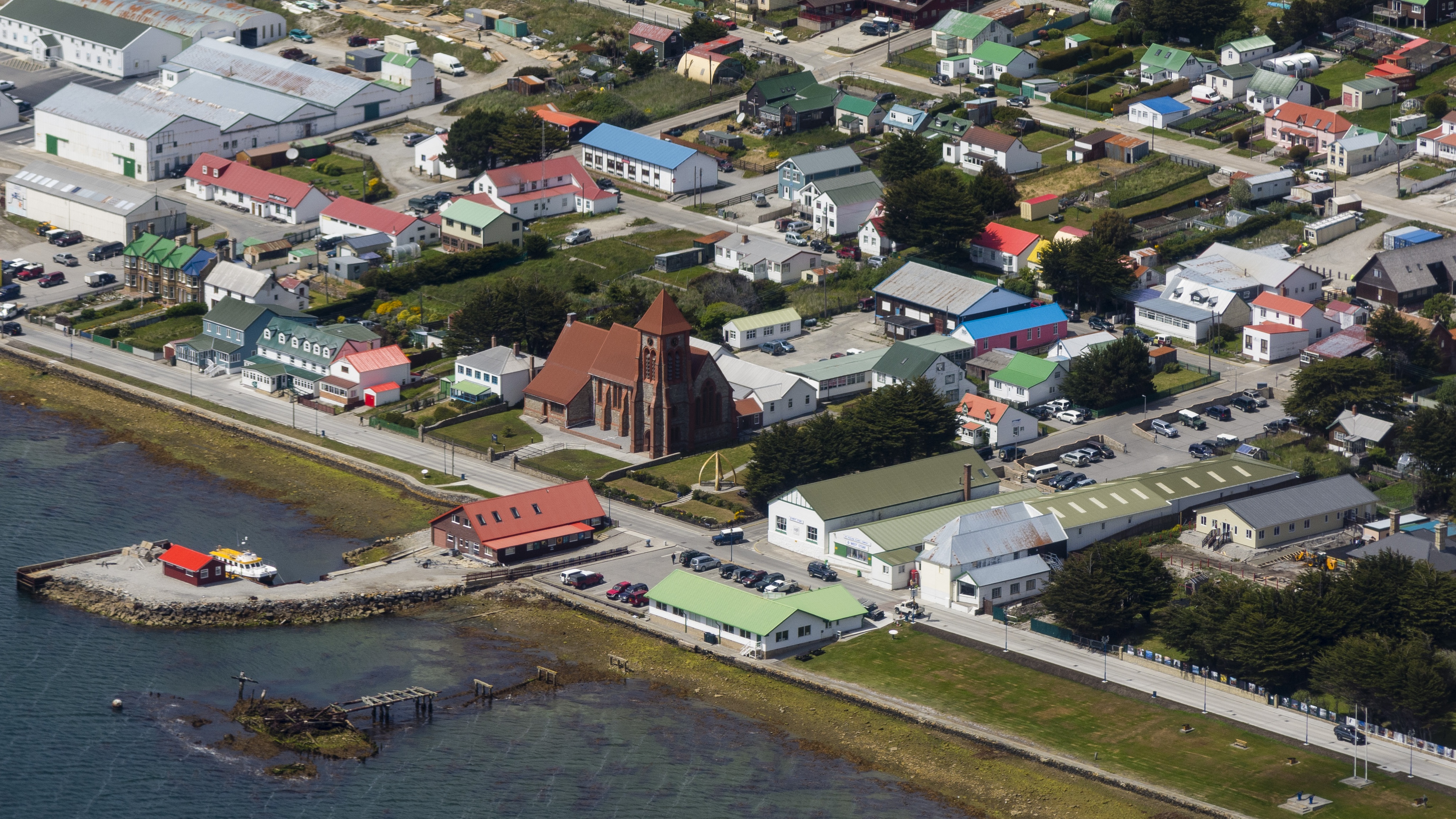
A free daily email with the biggest news stories of the day – and the best features from TheWeek.com
You are now subscribed
Your newsletter sign-up was successful
Eight new cities have been created in celebration of the Queen’s Platinum Jubilee, with at least one named in every UK nation.
The cities were awarded their new status as part of the 2022 Platinum Jubilee Civic Honours competition, which has taken place in each of the last three jubilee years. Previous winners include Lisburn and Newport in 2002 and Chelmsford in 2012.
Applicants had to demonstrate why their “unique communities and distinct local identity was deserving of city status”, as well as being required to “highlight their royal associations and cultural heritage” to a panel of judges, said The Guardian.
The Week
Escape your echo chamber. Get the facts behind the news, plus analysis from multiple perspectives.

Sign up for The Week's Free Newsletters
From our morning news briefing to a weekly Good News Newsletter, get the best of The Week delivered directly to your inbox.
From our morning news briefing to a weekly Good News Newsletter, get the best of The Week delivered directly to your inbox.
It also marked the first time the competition was open to crown dependencies and overseas territories, with Stanley in the Falklands, and Douglas in the Isle of Man, both winning city status.
The newly created cities can “expect a boost to local communities and the opening up of new opportunities for people who live there”, said the BBC. One previous winner, Perth, in Scotland, “saw the local economy expand by 12% in the decade it was granted city status”.
The awards take the number of official cities in mainland UK to 76, with 55 in England, eight in Scotland, seven in Wales and six in Northern Ireland. Here is the full list of the new cities.
1. Bangor, Northern Ireland
With a population of 61,000, the new city of Bangor was a key site for allied forces during the Second World War, due to its location at the mouth of the Belfast Lough.
A free daily email with the biggest news stories of the day – and the best features from TheWeek.com
It has seen some significant historical visitors over the years, with Supreme Commander of Allied Forces Dwight D. Eisenhower giving a speech to 30,000 assembled troops there shortly before ships left for Normandy and the D-Day invasion.
The Queen and Duke of Edinburgh visited Bangor Castle in 1961 before lunch at the Royal Ulster Yacht Club in the run-up to Prince Philip racing in the regatta.
2. Colchester, England
Colchester was Britain’s first recorded settlement and its first capital city. For the past 165 years, it has been a garrison town, home to 16 Air Assault Brigade, the UK’s rapid response force.
With a population of 119,441, it is the second Essex town to become a city this year “after Southend was given the status in October following the death of MP David Amess, who often championed its campaign for city status”, said the BBC.
3. Doncaster, England
Doncaster, which has a population of 110,000, has made “three previous attempts for city status”, said The Guardian. Originally a Roman settlement, the South Yorkshire city is almost 2,000 years old.
It is home to the St Ledger horse race, the oldest “classic” in the world, founded in 1776, which has been regularly attended by the Queen and other royals throughout history, including George IV.
4. Douglas, Isle of Man
Home to some 27,000 people, Douglas has links to the royal family through the Royal National Lifeboat Institution, which was founded in the city and has the Queen as its patron.
Its cultural highlights “include the annual Manx Music Festival, dating from 1892, and the Isle of Man Film Festival, which celebrates its 10th anniversary this year,” said The Guardian.
5. Dunfermline, Scotland
Dunfermline’s most famous former resident is Andrew Carnegie, “whose steel industry helped build America”, said the BBC. His generosity started the world's public library system, and throughout his life, he gave away “the equivalent of £65bn in today's money”.
The Scottish city’s royal links stretch back to the Middle Ages as it was one of the seats of the kings of Scotland. Robert the Bruce was buried in Dunfermline Abbey after his death in 1329.
6. Milton Keynes, England
Created in 1967 “to alleviate housing shortages in overcrowded London”, according to the BBC, Milton Keynes described itself in its bid as “the pinnacle of the national postwar planning movement”.
It has “27 conservation areas, 50 scheduled monuments, 1,100 listed buildings and 270 pieces of public art”, according to The Guardian, and has a population of 223,000.
7. Stanley, Falkland Islands
The award of city status to Stanley (population: 2,100) is of “particular significance for the Royal Family”, said Sky News. Prince Andrew served as a helicopter pilot on HMS Invincible during the Falklands War, which marks its 40th anniversary this year.
Prince William also spent six weeks based there as a search and rescue helicopter pilot.
8. Wrexham, Wales
The Welsh city is home to 61,000 people, as well as Wrexham Football Club, which was established in 1864. It is thought to be the third oldest club in the UK with “the world’s oldest international ground”, said The Guardian.
The club is owned by two Hollywood stars, actor Ryan Reynolds and Rob McElhenney, creator of It’s Always Sunny in Philadelphia. Close by is the Pontcysyllte Aqueduct, a Unesco world heritage site described as a “masterpiece of creative genius”.
-
 How the FCC’s ‘equal time’ rule works
How the FCC’s ‘equal time’ rule worksIn the Spotlight The law is at the heart of the Colbert-CBS conflict
-
 What is the endgame in the DHS shutdown?
What is the endgame in the DHS shutdown?Today’s Big Question Democrats want to rein in ICE’s immigration crackdown
-
 ‘Poor time management isn’t just an inconvenience’
‘Poor time management isn’t just an inconvenience’Instant Opinion Opinion, comment and editorials of the day
-
 Will Beatrice and Eugenie be dragged into the Epstein scandal?
Will Beatrice and Eugenie be dragged into the Epstein scandal?Talking Point The latest slew of embarrassing emails from Fergie to the notorious sex offender have put her daughters in a deeply uncomfortable position
-
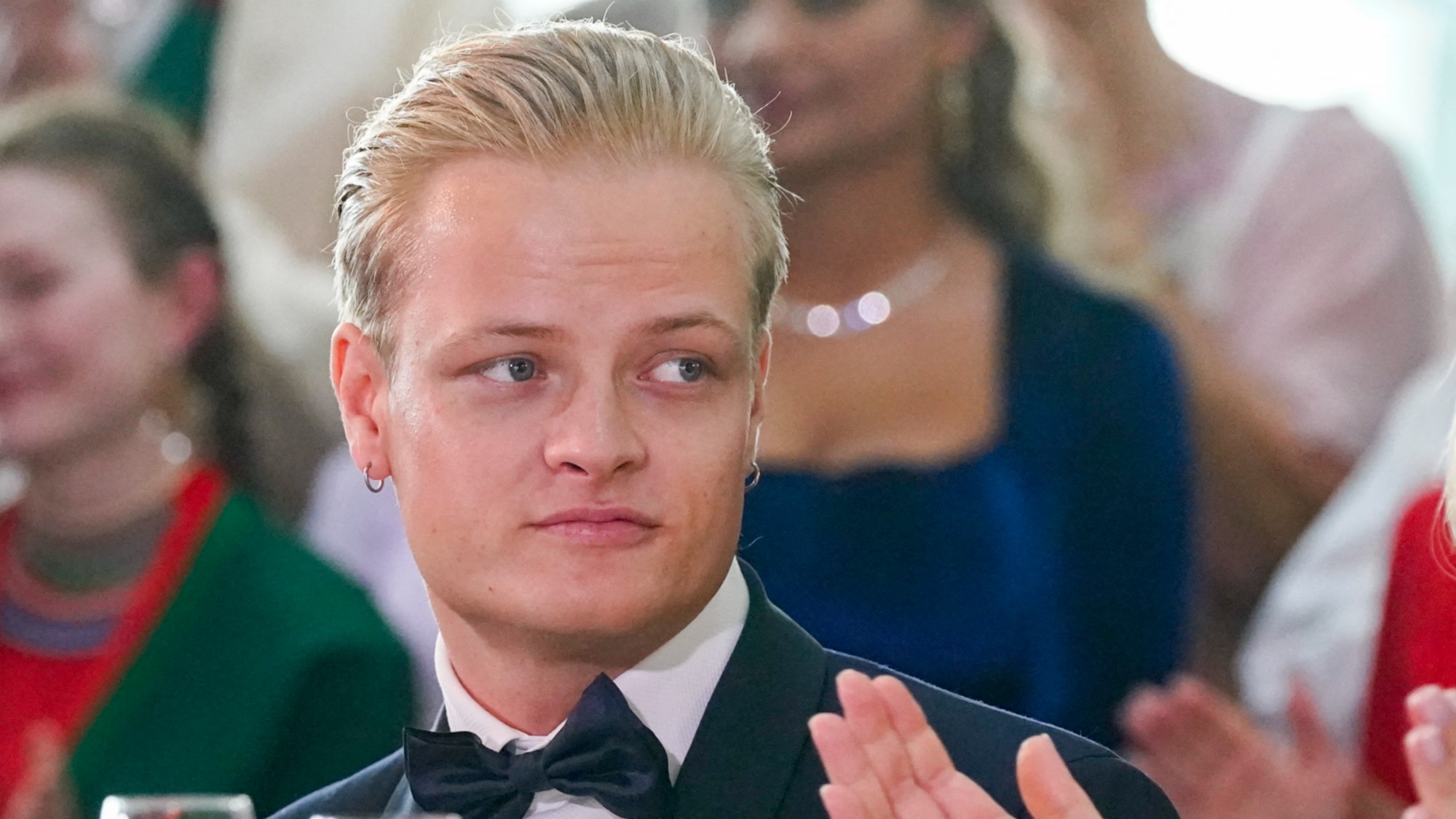 Norway’s scandal-hit royals
Norway’s scandal-hit royalsIn the Spotlight Rape trial of Marius Borg Høiby, son of the crown princess, adds to royal family's ‘already considerable woes’
-
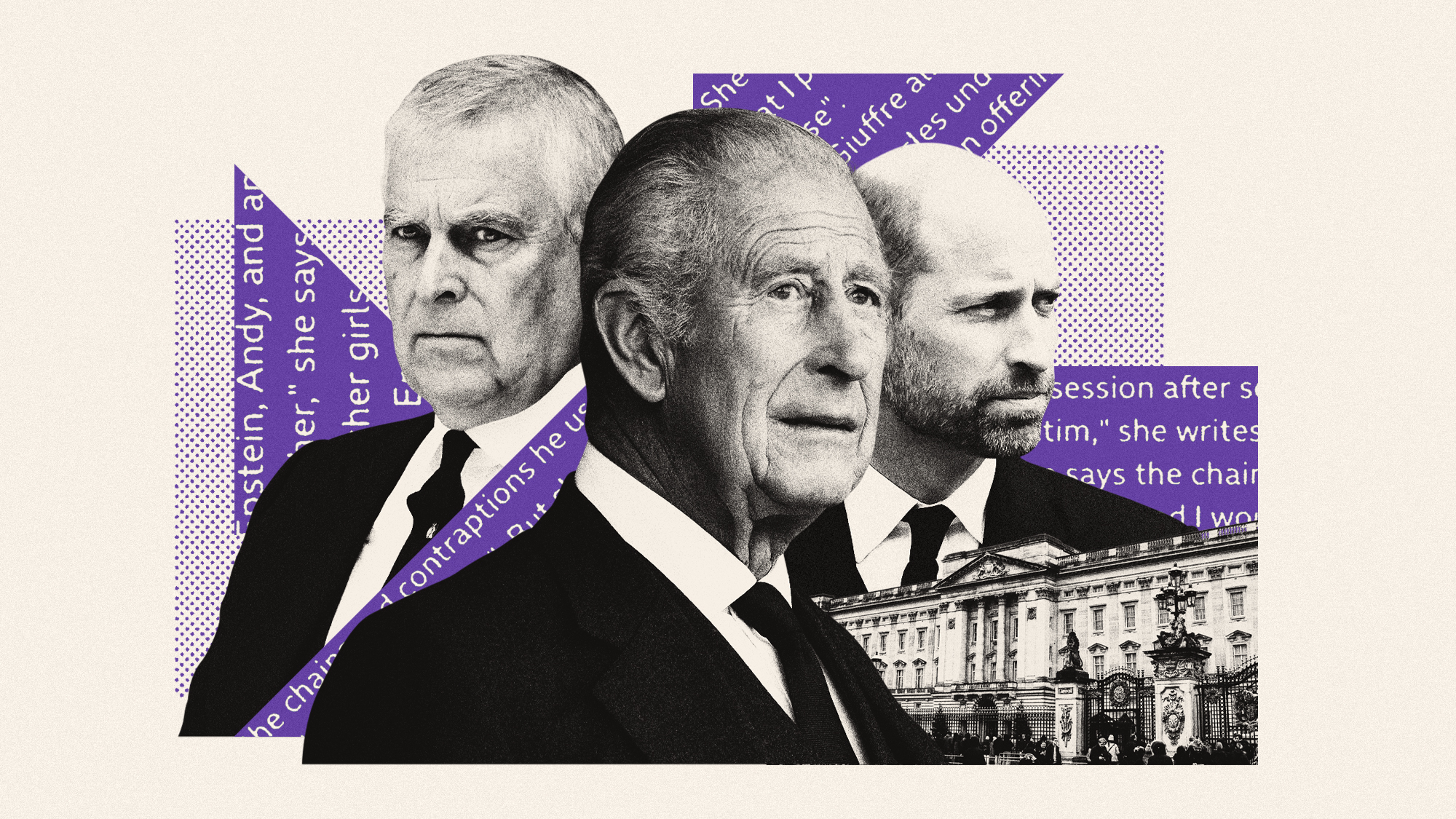 Prince Andrew: is the royal family doing enough?
Prince Andrew: is the royal family doing enough?Today’s Big Question King Charles faces calls for tougher action against Andrew after latest allegations about Virginia Giuffre and Jeffrey Epstein
-
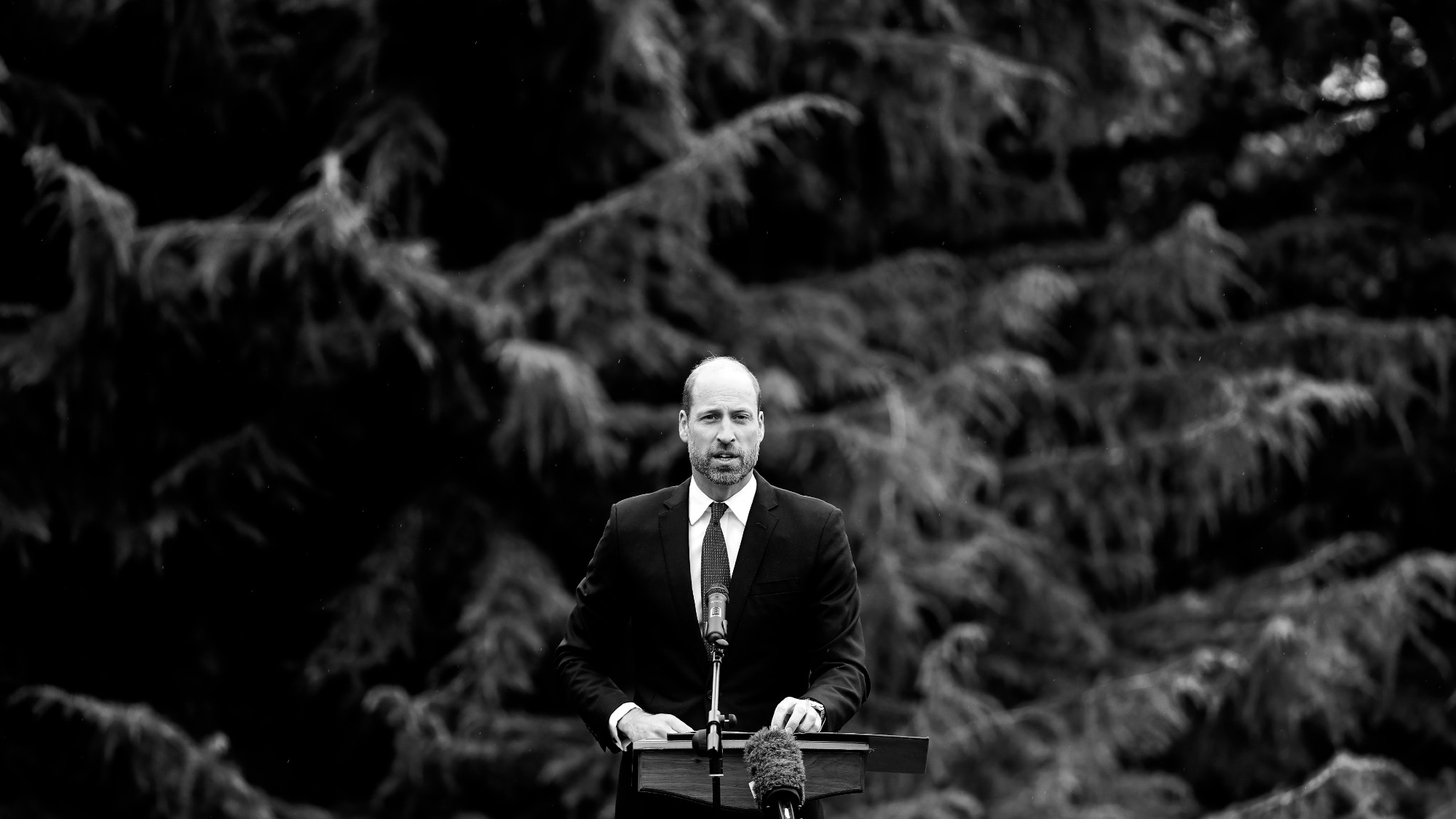 What will William be like as king?
What will William be like as king?Today's Big Question Prince of Wales said he won’t be ‘restricted’ by history when he takes the throne
-
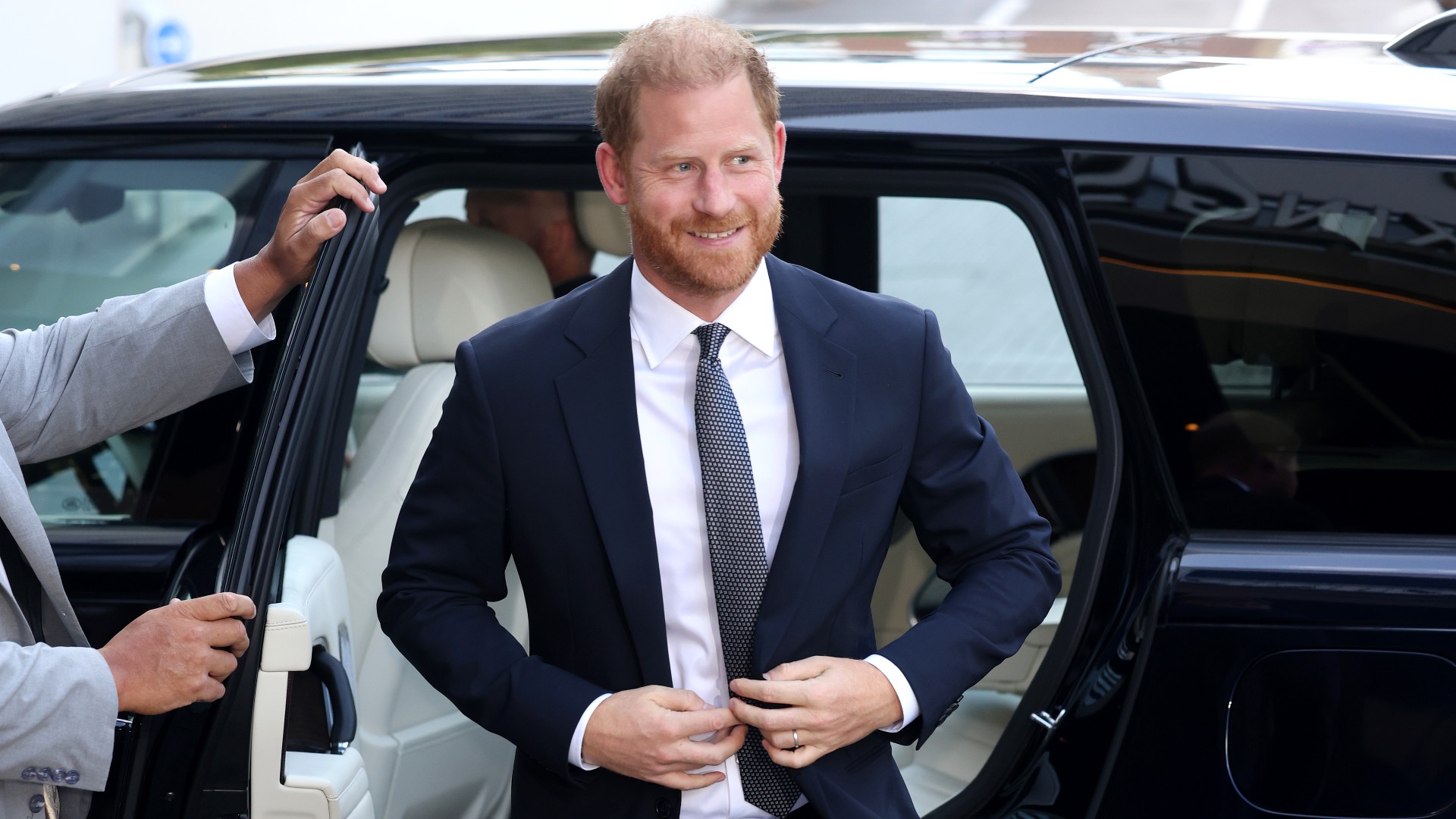 Prince charming: Harry’s tea with King sparks royal reconciliation rumours
Prince charming: Harry’s tea with King sparks royal reconciliation rumoursTalking Point Are the royals – and the UK public – ready to welcome the Duke of Sussex back in?
-
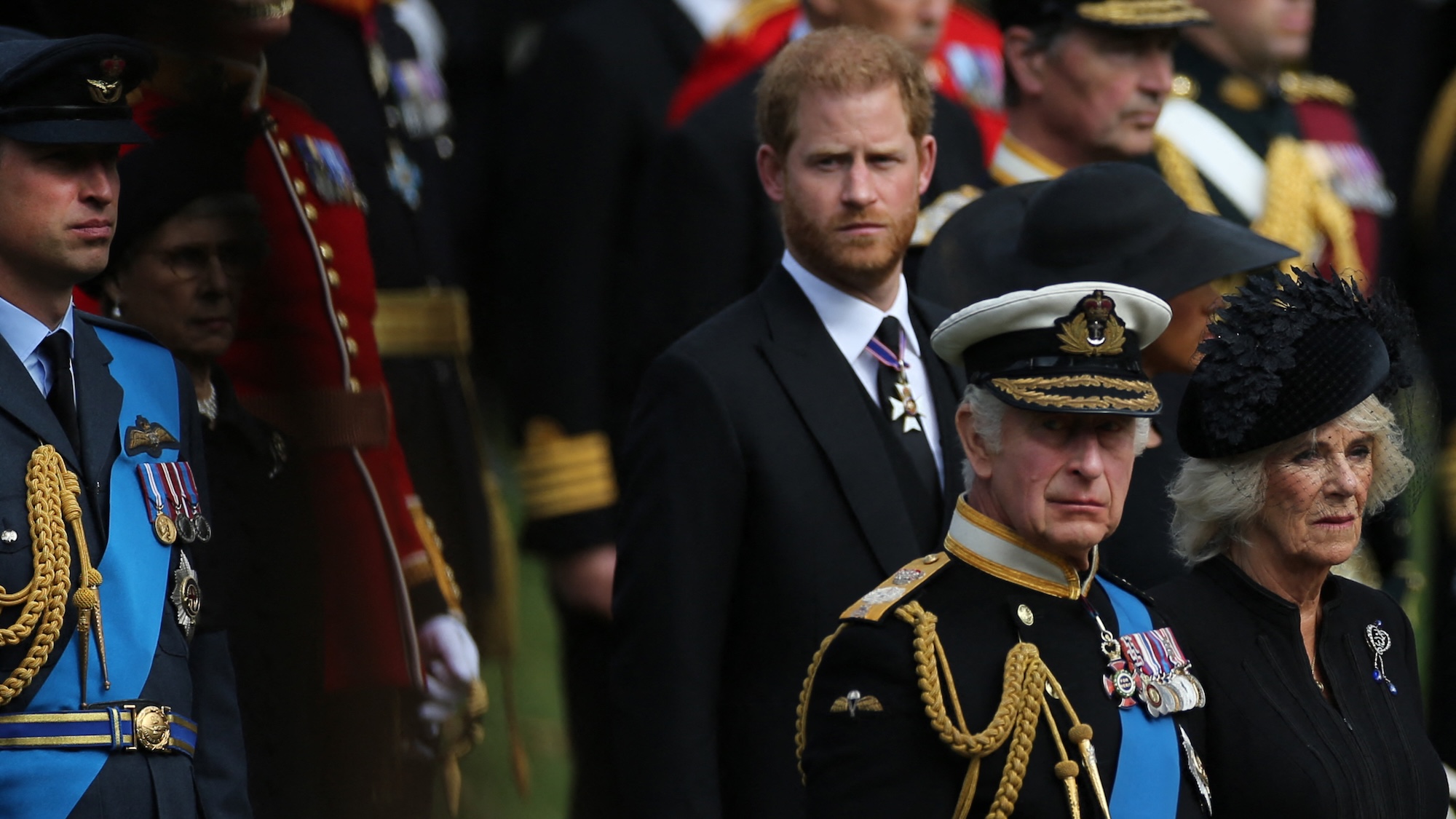 King Charles and Prince Harry: peace in our time?
King Charles and Prince Harry: peace in our time?Talking Point Leaked images of a secret meeting between royal aides suggest a dialogue is beginning to open up
-
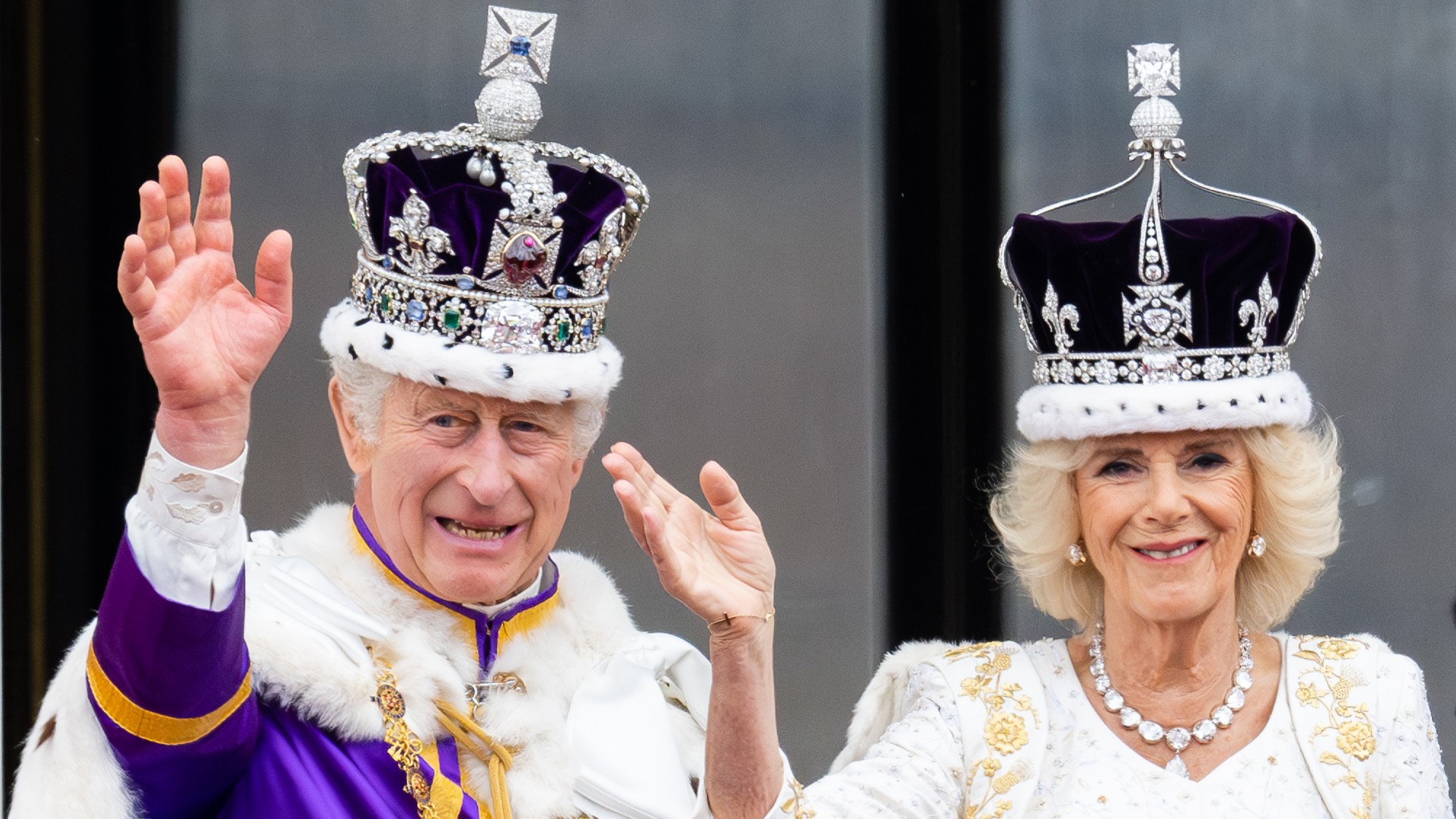 King Charles and the Sovereign Grant: how UK taxpayers fund the monarchy
King Charles and the Sovereign Grant: how UK taxpayers fund the monarchyThe Explainer Royals received £86.3m from government last year – and they are in line for a 50% increase
-
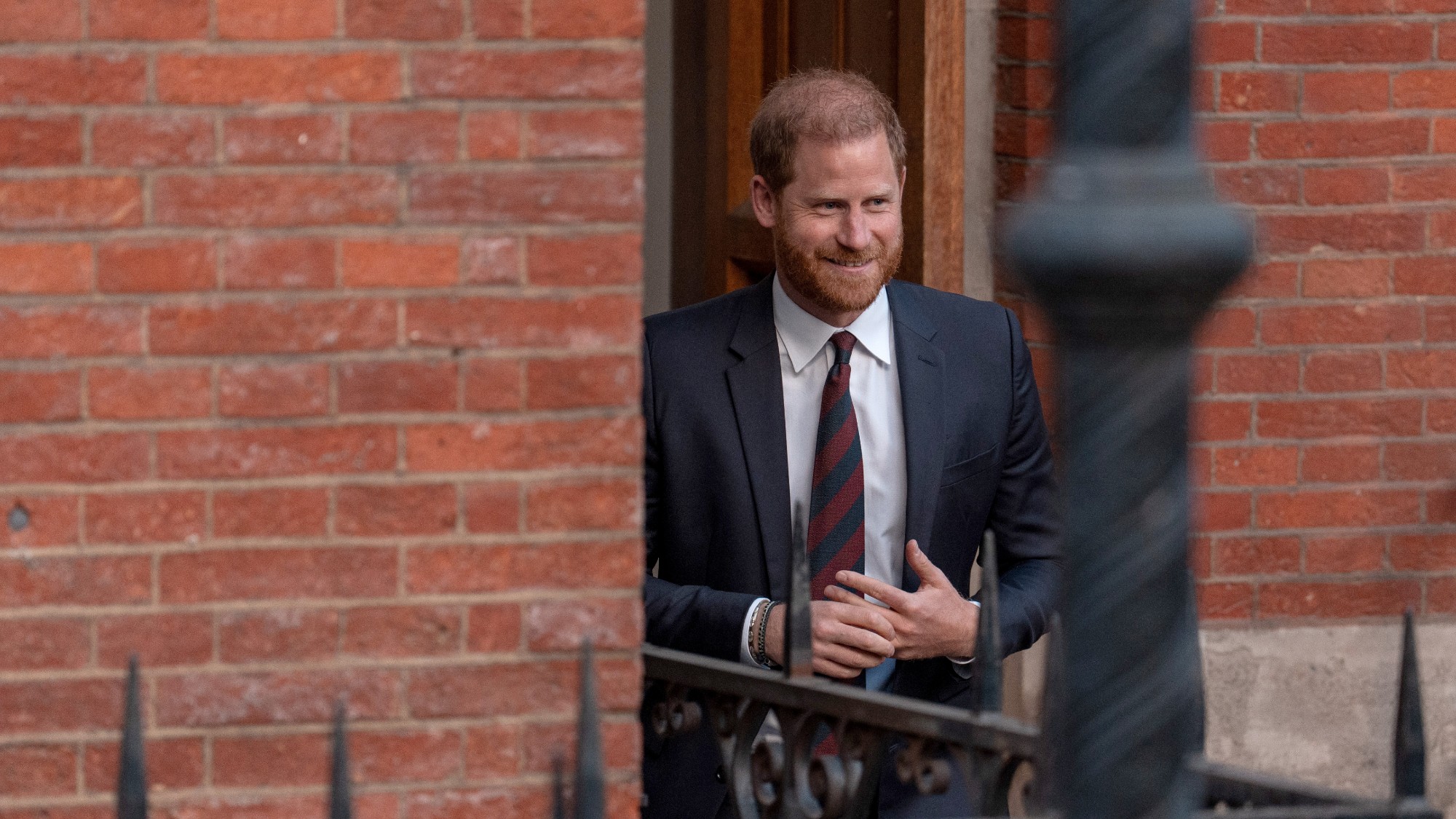 Is Prince Harry owed protection?
Is Prince Harry owed protection?Talking Point The Duke of Sussex claims he has been singled out for 'unjustified and inferior treatment' over decision to withdraw round-the-clock security